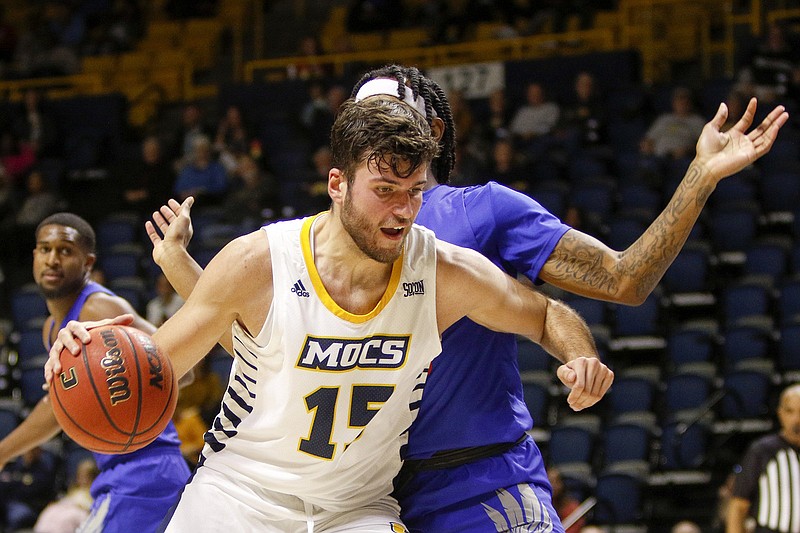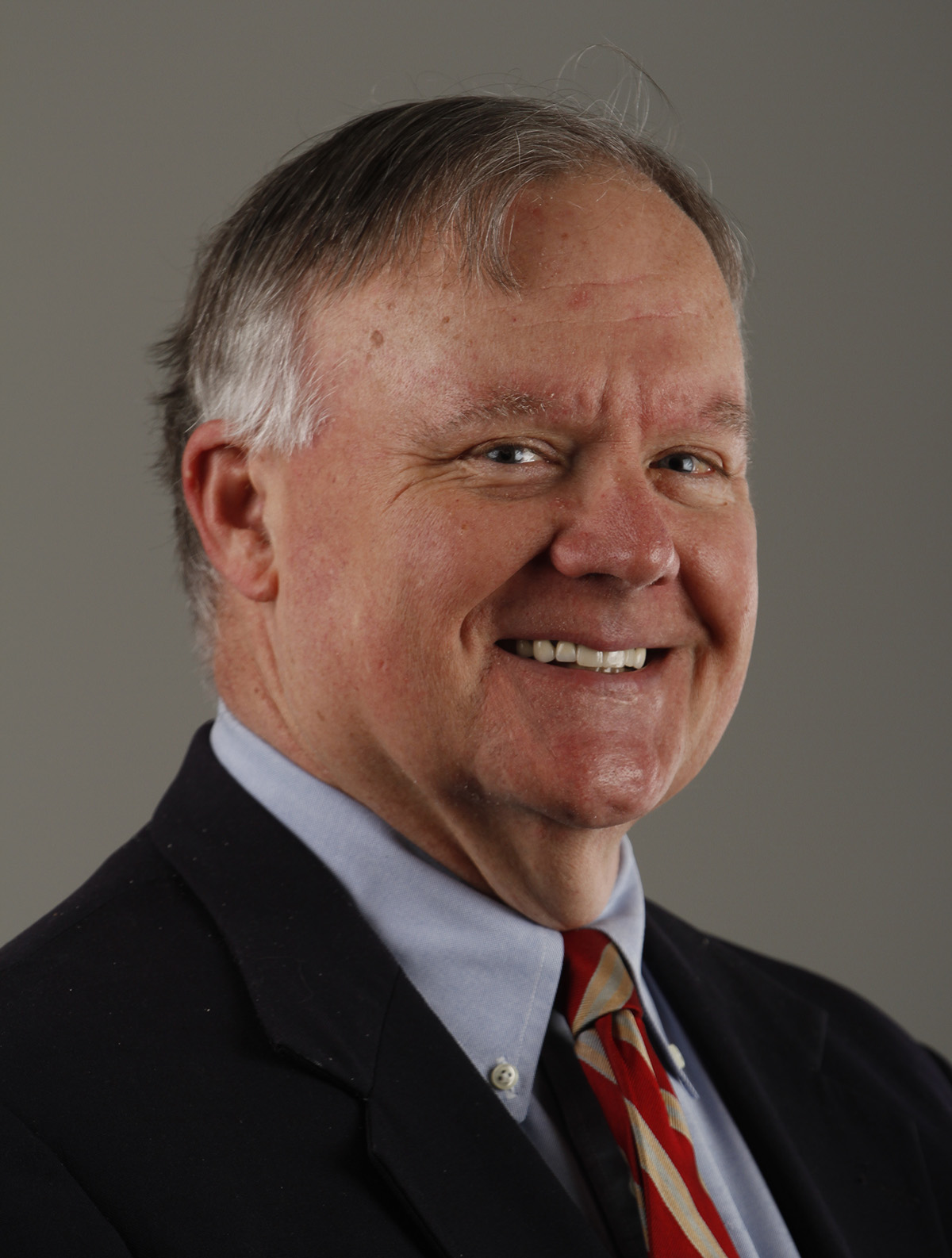In normal times, few coaches have been more opposed to the NCAA giving immediate eligibility to nongraduate transfers than University of Tennessee at Chattanooga men's basketball boss Lamont Paris.
"Yes, 100%," he said Monday regarding his usual opposition to that idea. "My only exception to that is if a coach leaves or is fired."
However, in the wake of UTC center Ramon Vila's recent decision to attempt to play pro ball in Europe this coming season in order to be closer to his home and family in Barcelona, Spain, during the coronavirus pandemic, Paris might embrace an adjustment to the current transfer rule of sitting out a season.
Because of the continued uncertainty of college sports due to COVID-19, and the likelihood that Vila won't be the last college basketball player to leave a program due to the pandemic, Paris was asked if he'd support a rule that allowed a transfer currently sitting out to be, for lack of a better word, activated, if an eligible player left the program due to COVID-19.
In other words, among three transfers currently expected to sit out this season for the Mocs, should Paris be allowed to gain immediate eligibility for one due to Vila's late exit?
"I could see that," he said. "It's got some validity to it. The guy's already in your program. It's not like you're trying to get him to leave another program because you unexpectedly lose a player. We're certainly facing distinctly different scenarios than we've ever faced before."
We are all facing distinctly different scenarios in almost every facet of our lives than we've ever faced before. And most of those are on far more important fronts than the eligibility of college athletes.
Yet when Paris looks ahead to the coming season, he doesn't seem as concerned about replacing Vila's 13.4 points and 5.8 rebounds a game as he seems worried about there even being a season, or at least a complete one.
"I try to be optimistic," he said. "But I'm also realistic. We could still have a full season, but we haven't behaved as a society in a way that would make that happen. Not wearing masks, not social distancing, gathering in large numbers in bars and restaurants. We're living in a way that exacerbates the problem. We can't have our cake and eat it, too."
If you think he's alone in these concerns, listen to what Access Health International president William Haseltine told CNN on Monday.
"You have to do more than just wear masks and keep social distancing," he said. "You have to minimize your contact with as many people as possible. It's not that complicated. But it is hard to do psychologically. It's hard to do sociologically. And it's extremely hard to do for young people."
College athletes are young people. And most of them have had little trouble with COVID-19, even when they've contracted it. But not everyone is young. We're swiftly approaching 160,000 deaths in this country with a very realistic estimate of 180,000 by September.
To return to April, the estimate for total deaths by August at that time was 80,000.
"I could certainly see us playing games in January if we get our act together," Paris said. "And sports are so important both psychologically and economically. If we lose the Super Bowl this year or lose the Final Four again, those are billion-dollar losses. That's devastating to the people who count on them. We need sports back in our lives."
Yet Paris also knows that without a serious course correction regarding safety protocols, we could lose everything about most sports in the months to come, especially those that can't be played in a Disney World bubble, as the NBA is doing.
"Masks should be mandatory," he said. "And social distancing. It shouldn't be an option. It's like brushing your teeth. If a parent has four young kids and he or she tells them it would be nice if they brushed their teeth but it's not mandatory, one might brush them anyway, maybe two, but two or three of them probably wouldn't. That's what's going on with this. It can't be an option."
He's right, of course. The science doesn't lie, whatever those who don't want to wear masks or socially distance believe otherwise.
He's also right that the NCAA should be considerate of schools losing kids to transfer due to the coronavirus. It has been very lenient on those who use COVID-19 as an excuse to transfer to a school closer to their homes. It needs to be similarly lenient about allowing a school to replace those players if it has a transfer already enrolled who would otherwise be sitting the year out due to normal transfer rules.
As long as the player currently sitting out left his previous school in good standing with no reservations from his former coach, let him play immediately if his new school requests such a waiver. As Paris said, this is a distinctly different scenario that requires a different mindset from all concerned.
Or as Vila penned on his Instagram account in announcing his exit: "With all that is going on right now and all the uncertainty around the NCAA (having a season), I feel that this is the best decision for me."
You can't half blame him. There has rarely been a better time to be close to your family, especially when your family is half a world away. But the best, fairest decision the NCAA could make to lessen the pain for programs who lose players to transfer because of the coronavirus is to allow a player currently sitting out in those programs as a transfer replace the player lost.
At least as long as he agrees to wear a mask whenever possible.
Contact Mark Wiedmer at mwiedmer@timesfreepress.com. Follow him on Twitter @TFPWeeds.

